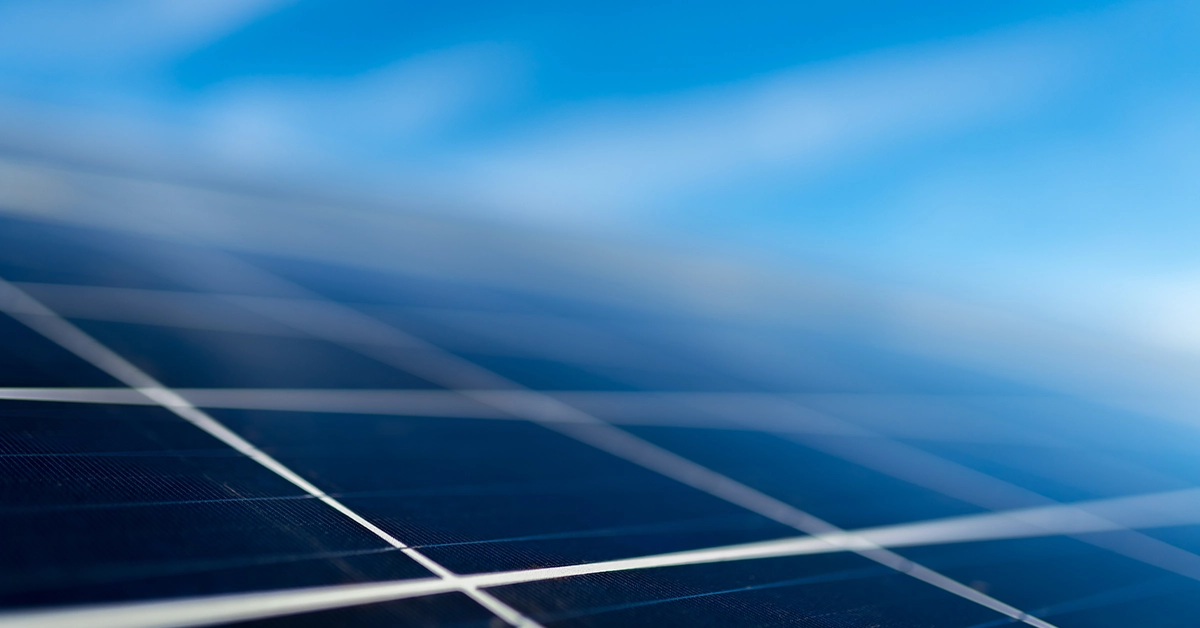
From an energy perspective, the Sun is essentially an incredibly large-scale nuclear reactor that fuses around 600 to 620 million tons of hydrogen into helium every second. Earth intercepts 173,000 terawatts of Sun's energy which is 10,000 times more power than the entire planet is currently using. Its energy is overwhelming and undisputed. It’s only recently that we’ve begun to draw electric energy from the sun directly via solar systems.
Solar energy offers a number of benefits making it one of the most promising energy sources:
-
Cost-effective
Solar power is cheap. It’s levelized cost of electricity (LCOE) varies largely on the region in which it is installed. That being said, even in balmy, cloud-covered southern Germany, solar is on par with coal and onshore wind farm energy, and much cheaper than gas and other sources of energy. Since 2012, solar energy has become cheaper than the energy supplied by public grids, an event known as grid parity.
Although this depends on the region in which the solar generator is installed, solar energy has become consistently cheaper for the past two decades. The technology behind it (the panel itself, but also solar energy storage and energy efficiency) has steadily improved, leading to a constant decrease in the price of solar energy.
-
Widespread
Yes, some regions of our planet see little sunlight throughout the year. Others have distinct seasons, with at least one giving off much less solar energy. However, on a global scale, solar is the third most commonly found source of renewable energy (hydroelectricity is first and wind second). More importantly, it is spreading at a faster pace than any other form of renewable energy.
Solar is becoming cheaper as the technology is continuously developed while producers of panels find ways of making the product cheaper, driving down its LCOE. Furthermore, solar is most effective in sunny regions around the equator, which are often developing countries with unstable grids, providing a clean, stable and decentralized alternative. For this reason, solar can provide these countries with a significant late mover advantage in renewable energy.
-
Durable and easy to maintain
Unlike wind turbines, hydroelectric plants or geothermal generators, solar panels have no moving parts and require minimum maintenance. You only need to keep them relatively clean so that the dirt doesn’t block the solar cells from absorbing sunlight. Solar panel manufacturers provide a 20 to 25 year guarantee on their products, and with the technology progressing each year, it is possible solar will only become even easier to maintain.
-
Rate of growth
The low (and constantly decreasing) price of solar panels acts as a multiplier in its adoption speed. Every fall in costs accelerates the adoption of the technology, which in its turn leads to a new decrease in prices. Solar is utilized in a diversity of socio-economic conditions, ranging from the rooftops of Singapore to the sand-whipped deserts of Morocco. Solar is sure to be a relevant technology for the foreseeable future, which is why we’ve developed FUERGY to work perfectly with conventional solar panels as well as other renewable energy generators.
In our next article about solar energy, we will discuss some of the issues solar faces as it grows on a global scale. There are challenges that we must address before it becomes a universally-used and scalable source of energy.
At FUERGY, we follow this vision and bring unique solutions that bridge the gap between economic and ecological. Read our other articles or contact us today! Our experts are here to help you find a tailor-made solution to your needs.
New dimension of energy optimization





